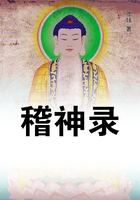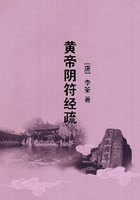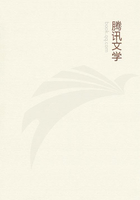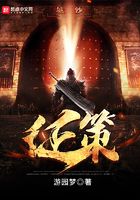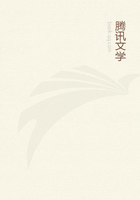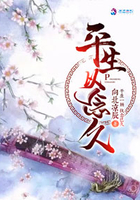192.) [English edition: Ch. VIII, p. 203. -- Ed .]
These different ways in which means of production are consumed to form the product, some of them preserving their independent shape vis-á-vis the product, others changing or losing it entirely -- this difference pertaining to the labour-process as such and therefore just as well to the labour-processes aimed at satisfy- ing merely one's own needs, e.g., the needs of the patriarchal family, without any exchange, without production of commodities -- are falsified by Adam Smith. He does so 1) by introducing here the totally irrelevant definition of profit, claiming that some of the means of production yield a profit to their owner by preserving their form, while the others do so by losing it; 2) by jumbling together the alterations of a part of the elements of production in the labour-process with the change of form (purchase and sale) that is characteristic of the exchange of products, of commodity circulation, and which at the same time includes a change in the owner-ship of the circulating commodities.
The turnover presupposes reproduction effected by circulation, hence by the sale of the product, by its conversion into money and its reconversion from money into its elements of production. But since a part of the capitalist producer's own product serves him directly as means of production, he appears as a seller of it to himself, and that is how the matter figures in his books. In that case this part of the reproduction is not brought about by circulation but proceeds directly. However the part of the product thus serving again as means of production replaces circulating, not fixed capital, since 1) its value passes wholly into the product, and 2) it itself has been wholly replaced in kind by a new specimen out of the new product.
Adam Smith tells us now what circulating and fixed capital consist of. He enumerates the things, the material elements, which form fixed, and those which form circulating capital, as if this definiteness were inherent in these things materially, by nature, and did not rather spring from their definite function within the capitalist process of production.
And yet in the same chapter (Book II, Chapter I) he makes the remark that although a certain thing, e.g., a dwelling, which is reserved as "stock"for "immediate consumption," "may yield a revenue to its proprietor, and thereby serve in the function of a capital to him, it cannot yield any to the public, nor serve in the function of a capital to it, and the revenue of the whole body of the people can never be in the smallest degree increased by it." (P. 186.) Here, then, Adam Smith clearly states that the property of being capital is not inherent in things as such and in any case, but is a function with which they may or may not be invested, according to circumstances. But what is true of capital in general is also true of its subdivisions.
Things form constituent parts of the circulating or fixed capital, depending on what function they perform in the labour-process. A head of cattle for instance, as labouring cattle (instrument of labour), represents the material mode of existence of fixed capital, while as cattle for fattening (raw material) it is a constituent part of the farmer's circulating capital.
On the other hand the same thing may now function as a constituent part of productive capital and now belong to the fund for direct consumption.
A house for instance when performing the function of a workshop, is a fixed component part of productive capital; when serving as a dwelling it is in no wise a form of capital. The same instruments of labour may in many cases serve either as means of production or as means of consumption.
It was one of the errors following from Adam Smith's idea that the property of being fixed or circulating capital was conceived as inherent in the things themselves. The mere analysis of the labour-process (Buch I, Kap. V) [ English edition: Ch. VII. -- Ed .] shows that the definitions of instruments of labour, materials of labour, and product change according to the various roles played by one and the same thing in the process. The definitions of fixed and non-fixed capital are based in their turn on the definite roles played by these elements in the labour-process, and therefore also in the value formation process.
In the second place, on enumerating the things fixed and circulating capitals consist of, it becomes fully apparent that Smith lumps together the distinction -- valid and making sense only with regard to productive capital (capital in its productive form) -- between the fixed and circulating components of the same, with the distinction between productive capital and those forms which pertain to capital in its process of circulation, viz., commodity-capital and money-capital. He says in the same passage (pp. 187 and 188): "The circulating capital consists . . . of the provisions, materials, and finished work of all kinds that are in the hands of their respective dealers, and of the money that is necessary for circulating and distributing them, etc."Indeed, if we look more closely we observe that here, contrary to his previous statements, circulating capital is again equated to commodity-capital and money-capital, that is to say, to two forms of capital which do not belong in the process of production at all, which do not form circulating (fluent) capital as opposed to fixed, but capital of circulation as opposed to productive capital. It is only alongside these that the constituents of productive capital advanced in materials (raw materials or semi-finished products) and really incorporated in the process of production then play a role again. He says:

